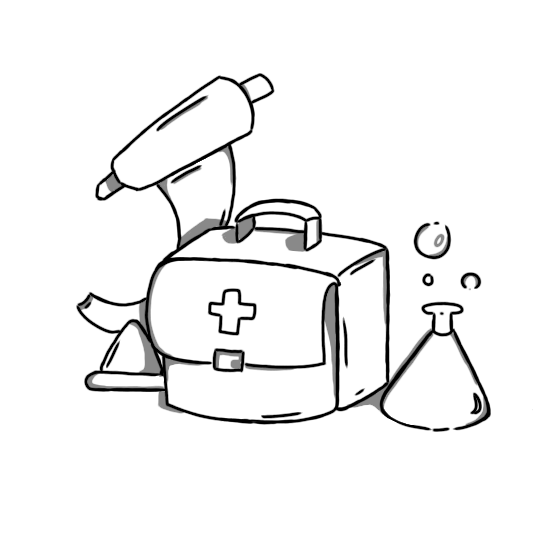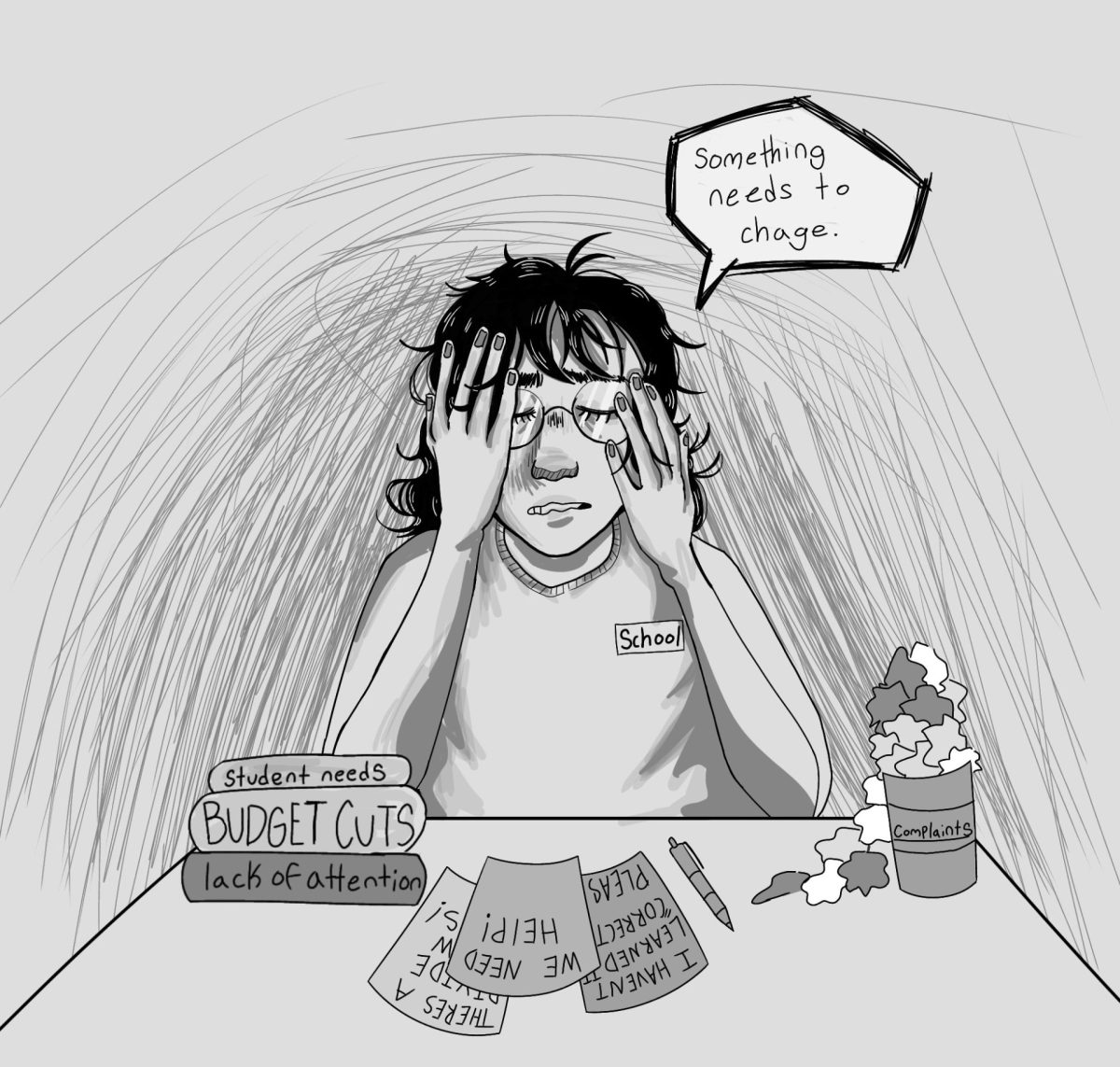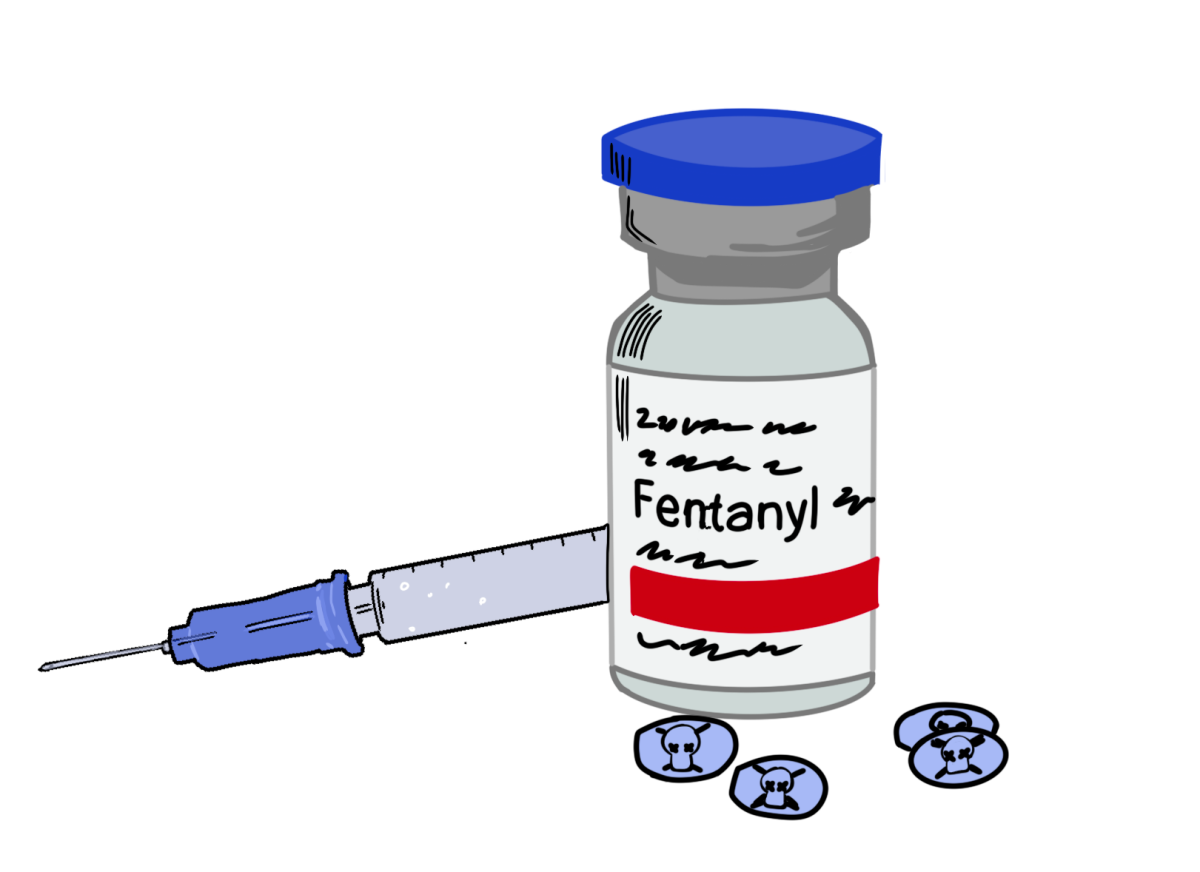According to the Centers for Disease Control and Prevention, 76 million cases of food poisoning occur annually in United States. Of those, approximately 300,000 result in hospitalizations, and 5,000 in death.
The term “food poisoning” describes illnesses caused by eating unsanitary food or drinking water that is contaminated. Some of these food are raw meat, raw eggs, chicken, and raw fruits and vegetables. Meats are contaminated from containing bacteria or parasites. It spreads during slaughtering, when some parts of the infected meat gets onto other meat. Fruits and vegetables are contaminated when they are exposed to the infected animal’s manure or washed with contaminated water, or touched by the infected animal. The E. coli O157:H7, salmonella, and campylobacter bacteria cause the most cases of food poisonings.
The primary carrier of E. coli O157:H7 are cattle. Consuming food or water contacted by the infected cattle can in turn result in further infection. It often leads to bloody diarrhea, stomach cramps, and little or no fever. Symptoms usually appear 3 to 4 days after getting the infection. In 3% to 5% cases of this infection, E. coli O157:H7 leads to hemolytic uremic syndrome, or HUS. This damages both the kidney and blood vessels.
Salmonella derives from the intestines of birds, reptiles, and mammals. The symptoms of this infection are fever, diarrhea, and stomach cramps. There was a recent outbreak of salmonella linked to raw tomatoes, jalapeno peppers, and cilantro from New Mexico and Texas. It was between the months of April to July. In Washington, 11 people were infected.
It is believed that campylobacter is the “most commonly identified bacterial cause of diarrheal illness in the world.” It is mostly from raw meat and healthy birds. People with this infection get fever, diarrhea, and stomach cramps. The most frequent source for getting campylobacter is from raw chicken.
Normally, the food poisoning goes away on its own after a couple of days. It is strongly recommended to keep drinking water. Saying hydrated will not only help you recover more quickly but will make you feel much better a well. On the other hand, it is suggested to avoid eating solid food, alcohol, caffeinated or sugary drinks. Sport drinks, such as Gatorade, should be diluted with water before drinking. If seeking for medication, you should go and consult a doctor.
To prevent from getting food poisoning, common sense should be used. Wash your hands, dishes, and utensils as thoroughly as possible. Cook your meat until it is no longer pink (although the flavor you will rob from your delicious meal is criminal in the minds of some). You should also wash your vegetables and fruits well. Drink fruit juices that are pasteurized, and also avoid drinking the ocean, lake, pond and other bodies of water. Those are some simple steps to keeping yourself away from food poisoning.
Although many steps have been taken to prevent the contamination of food, there are questions that still remain unanswered. Some of these are: how can people get rid of animal manure usefully, without endangering the food supply? How can food and water the animal takes in be made safer? Also, would food safety education help decline more cases of food poisoning? These are questions prompted by Centers for Disease Control and Prevention.












